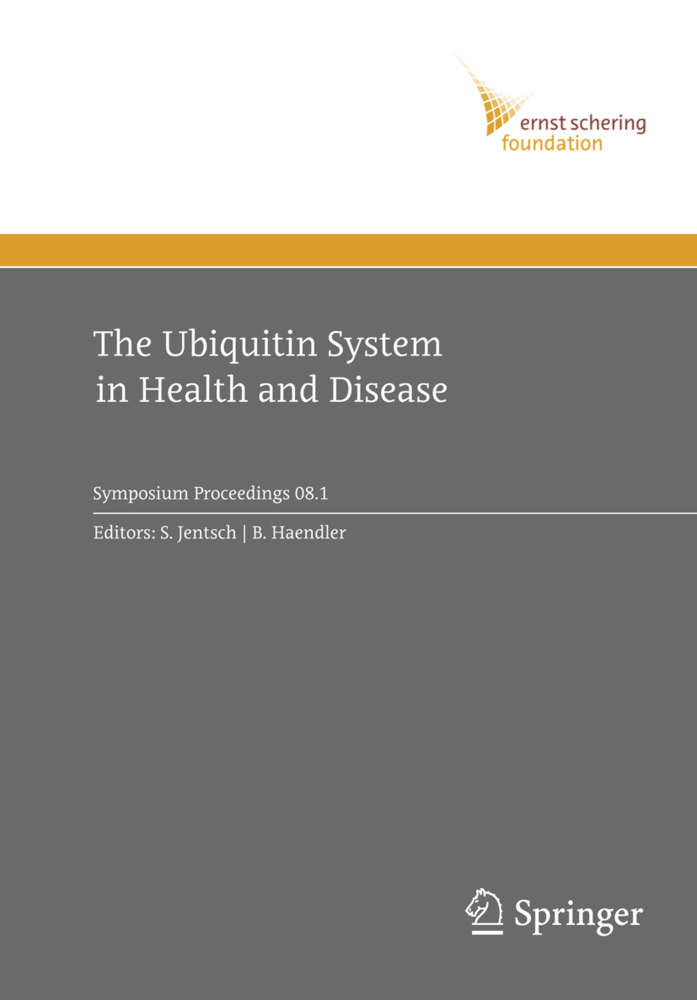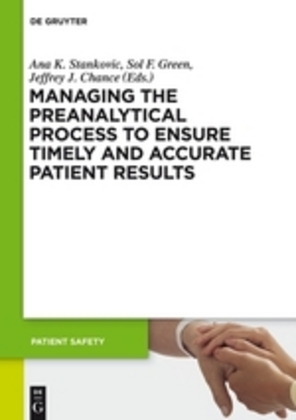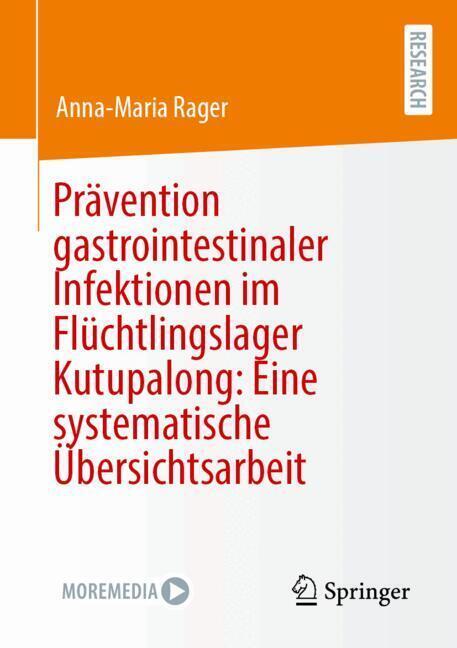The ubiquitin system has two major functions in eukaryotic cells: it r- ulates protein degradation, which is essential for normal cellular fu- tion and for the removal of potentially harmful, damaged, or misfolded proteins, and it controls protein activity by regulating protein protein interactions and subcellullar localization. The ubiquitin system is thus involved in processes as diverse as cell cycle progression, signal tra- duction, gene transcription, and DNA repair. Not surprisingly, defects in the ubiquitin system have been linked with numerous diseases such as cancer, in?ammation, central nervous system disorders, and metabolic dysfunction. Ubiquitin is a highly conserved 76-amino acid protein which is transferred to its target protein in an ATP-dependent manner. This post-translational modi?cation takes place in a hierarchical, three-step fashion involving an E1 ubiquitin-activating enzyme, an E2 ubiquit- conjugating enzyme, and an E3 ubiquitin ligase. Substrate speci?city is predominantly controlled by members of a large family of E3 - zymes, which form complexes with the proteins that will be modi?ed. This ultimately leads to the covalent attachment of the C-terminus of ubiquitin to usually an?-amino group of a lysine residue in the targeted protein. Additional ubiquitin transfer to lysine-48 of ubiquitin itself will form a polyubiquitin chain, which usually targets the conjugate for degradation by the proteasome. By contrast, mono- or polyubiquityla- VI Preface tion involving lysine-63 is normally involved in the control of protein activity. Ubiquitylation can be reverted by deubiquitylating enzymes, of which approximately 95 exist in mammals.
Molecular Genetics of the Ubiquitin-Proteasome System: Lessons from Yeast
Less Is More: How Protein Degradation Regulates Muscle Development
Transcriptional Control and the Ubiquitin-Proteasome System
Ubiquitination of Myc: Proteasomal Degradation and Beyond
Regulation of Apoptosis and Cytokinesis by the Anti-apoptotic E2/E3 Ubiquitin-Ligase BRUCE
Dissecting Roles of Ubiquitination in the p53 Pathway
Regulation of T Cell Differentiation and Allergic Responses by the E3 Ubiquitin Ligase Itch
Approaches to Discovering Drugs that Regulate E3 Ubiquitin Ligases
Inhibiting Hdm2 and Ubiquitin-Activating Enzyme: Targeting the Ubiquitin Conjugating System in Cancer.
Crosstalk Between the SUMO and Ubiquitin Pathways
A Tale of Two Giant ProteasesMolecular Genetics of the Ubiquitin-Proteasome System: Lessons from Yeast
Less Is More: How Protein Degradation Regulates Muscle Development
Transcriptional Control and the Ubiquitin-Proteasome System
Ubiquitination of Myc: Proteasomal Degradation and Beyond
Regulation of Apoptosis and Cytokinesis by the Anti-apoptotic E2/E3 Ubiquitin-Ligase BRUCE
Dissecting Roles of Ubiquitination in the p53 Pathway
Regulation of T Cell Differentiation and Allergic Responses by the E3 Ubiquitin Ligase Itch
Approaches to Discovering Drugs that Regulate E3 Ubiquitin Ligases
Inhibiting Hdm2 and Ubiquitin-Activating Enzyme: Targeting the Ubiquitin Conjugating System in Cancer.
Jentsch, Stefan
Haendler, Bernhard
| ISBN | 978-3-540-85106-6 |
|---|---|
| Artikelnummer | 9783540851066 |
| Medientyp | Buch |
| Copyrightjahr | 2008 |
| Verlag | Springer, Berlin |
| Umfang | XVI, 191 Seiten |
| Abbildungen | XVI, 191 p. 39 illus., 32 illus. in color. |
| Sprache | Englisch |











